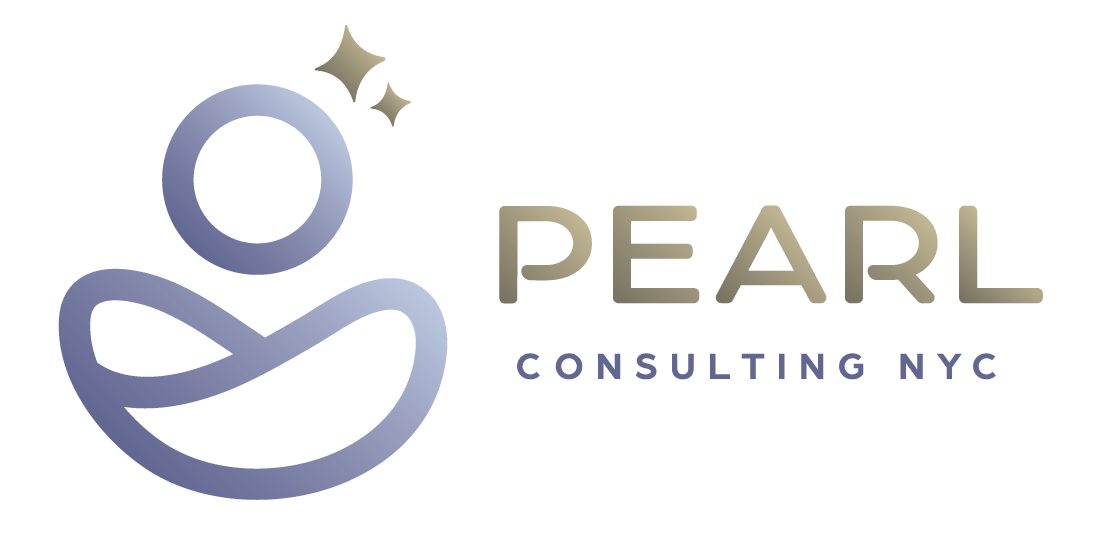The Crudité Conundrum
Is “crudité” a dangerous word? It was for Pennsylvania Senatorial candidate Dr. Oz, whose recent complaints about the high price of crudité failed to help him connect with struggling middle-class Pennsylvania voters. Not only did he fail to connect - his opponent used his words against him to successfully promote his own campaign.
Dr. Oz didn’t really know his audience or how to speak to them, and as a result, he alienated potential supporters.
Here’s the cautionary tale of #CruditéGate and how you can avoid a similar fate when marketing your own business.
Word Choice Is Crucial to Connect With Your Target Market
Oz, a Republican, blames the current administration for the inflation of food prices. In a now-infamous video, he’s shown grabbing random vegetables while shopping at “Wegner’s” – a name he made up cobbling together the identities of two well-loved grocery stores. In the video, he complains to the audience that it costs “$20 for crudité, and that doesn’t include the tequila.”
John Fetterman, his Democratic opponent, retorted that most Pennsylvanians call it a vegetable tray. Within 24 hours, Fetterman raised half a million dollars in donations from his new campaign sticker with the slogan “Wegner’s: Let them eat crudité.”
Crudité Is A Fine Word
Now, we’re not knocking “crudité.” It’s a terrific word to use if you’re marketing a gourmet grocery store or high-end resort. But as Oz discovered, choosing a word that doesn’t resonate with your target audience can backfire pretty dramatically.
That’s why as copywriters we agonize over every word. We believe that the right words matter, and so should you.
Are You Using the Right Words?
The right word can help a business connect with potential clients, and the wrong word can alienate them. However, we’ve found that many business owners don’t give enough thought to the words they use in their marketing. They often know what they want to say on their website, social media, email marketing, blog posts, podcasts, and videos, but struggle with finding the right words that resonate.
To ensure you’re choosing your words wisely, here are three simple things you can do:
1. Clearly Define Your Audience
Did your ideal client go to Harvard or a trade school? Are they 20 or 60? Male or female? Higher-income or middle-class? Flamboyant or conservative?
Write down the characteristics of your ideal client.
2. Put Yourself In The Client’s Shoes
Review your website, social media posts, videos, and any other marketing materials (especially social media posts).
Are there any words that your ideal client might find offensive? Could your word choices benefit from a thesaurus.com search to find one that really sings? (We do this all the time and it often helps us think of new word choices we hadn’t even considered.)
3. Ask An Actual Client to Read It
Getting an actual client’s feedback may be the most important thing you can do. Sometimes, we aren’t the best judge of our own work. It’s better to ask for help than to risk putting the wrong message out there. Better to do it right than do it quick.
Using the Right Words Requires Knowing Who You’re Talking To
We truly believe the search for the right words is important and worthwhile. It can even alter the course of history - just ask Margaret Thatcher!
That’s why one of the key components of our Reveal Your Brand process includes helping our clients get clarity about their ideal clients. We can’t tailor language until we know who we’re talking to first.
Sure, you can use the words that appeal to you personally without considering what works for your client, but we don’t want you to experience your own version of Dr. Oz’s #CruditéGate.
Take a look at your website copy, try one of the three simple steps, and let us know what you find.

